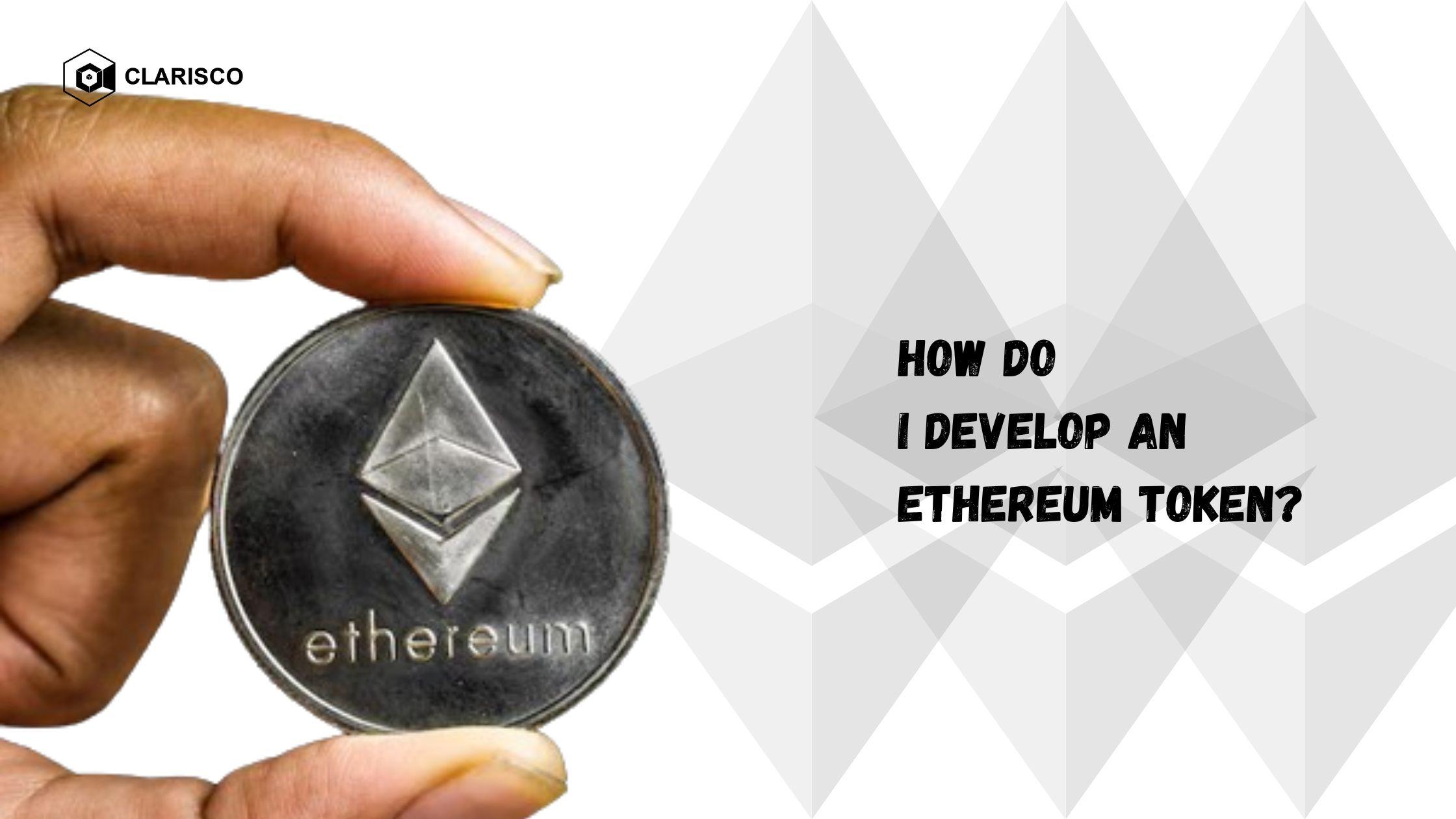Introduction:
So, you're thinking about getting into the world of cryptocurrency and want to create your very own Ethereum token? Well, you're in the right place! Creating an Ethereum token can open up a whole new realm of possibilities, from launching your cryptocurrency to creating decentralized applications (dApps). In this guide, we'll walk you through everything you need to know to get started, from understanding the basics of Ethereum tokens to deploying your very own smart contract.
What are Ethereum Tokens?
Ethereum tokens which are developed by the Ethereum Token development company are digital items made on the Ethereum blockchain. Unlike Ethereum's currency, ETH, these tokens are created using smart contracts. They can represent anything, like assets, shares, access rights, or virtual items.
Types of Ethereum Tokens
There are a few main types of Ethereum tokens:
ERC-20: These are standard tokens that are all the same and can be traded one for another.
ERC-721: These are unique tokens, often used for things like digital art or collectibles, and can't be traded one-for-one.
ERC-1155: This standard allows for the creation of both standard (fungible) and unique (non-fungible) tokens within one contract.
ERC Standards Overview
The Ethereum community created ERC standards to keep things consistent and compatible. Each ERC standard sets rules for how tokens should work, making it easier for developers to build and use tokens.
Technical Requirements
Setting Up a Development Environment
Install Node.js and npm, then set up Truffle, a development framework for Ethereum.
Creating a Smart Contract
What is a Smart Contract?
A smart contract is a self-running program where the rules and details of the agreement are directly written into its code. It operates on the Ethereum blockchain and automatically handles transactions.
Writing the Smart Contract in Solidity
The programming language used to generate Ethereum smart contracts is called Solidity. Below is a simple template for an ERC-20 token:
This basic code sets up an ERC-20 token named "MyToken" with the symbol "MTK" and gives an initial supply of tokens to the creator of the contract.
Key features of the ERC-20 token:
Let us explore some key features of ERC-20 token development, ERC-20 is a standard for creating tokens on the Ethereum blockchain. Here are its key features: Fungibility, Standard Function, Interoperability, Decentralization, Security
Steps to Deploy on the Ethereum
Compile the Smart Contract: Use Truffle or Remix to compile your contract.
Deploy the Contract: Use a script or manually deploy via Remix.
Interact with the Contract: Use Web3.js or other tools to interact with your deployed contract.
Conclusion:
Once deployed, verify your smart contract's source code on Etherscan for transparency.
Ethereum token development involves multiple steps, from understanding the technology to deploying and promoting your token. By following best practices and staying informed about the industry.
If you're considering this journey, partnering with a token development company in India can be highly beneficial. These companies specialize in various aspects of token creation and can guide you through the process efficiently.

